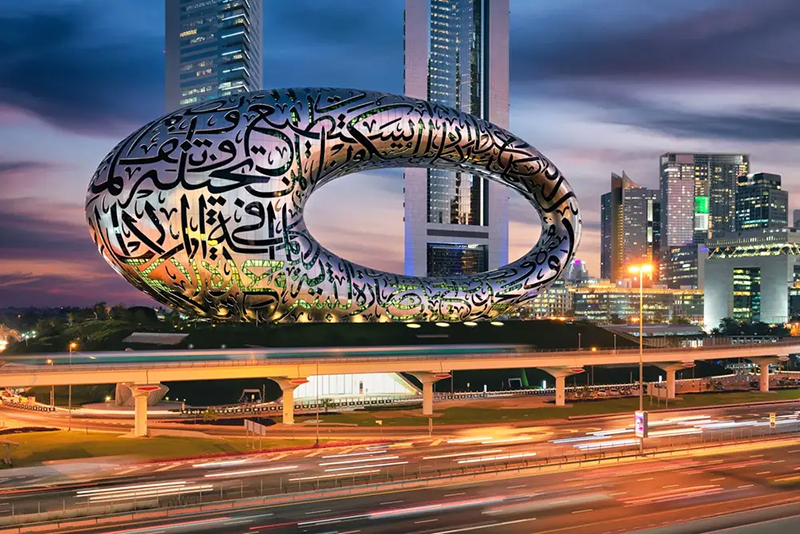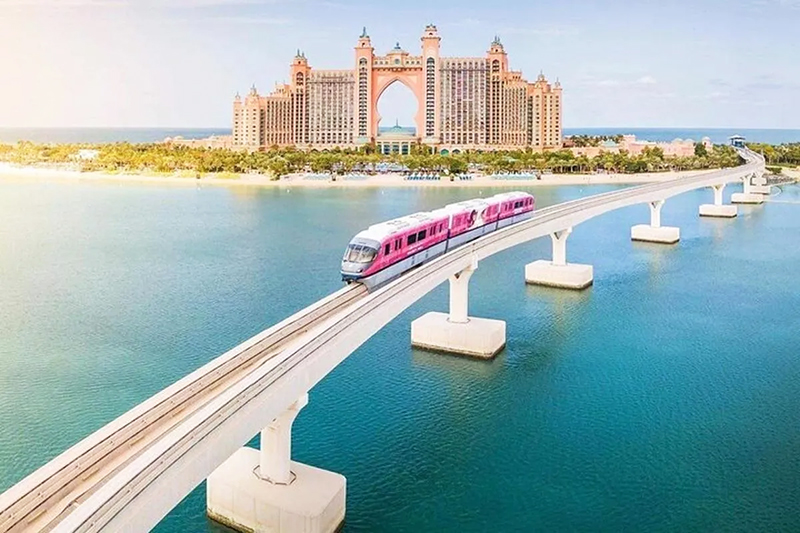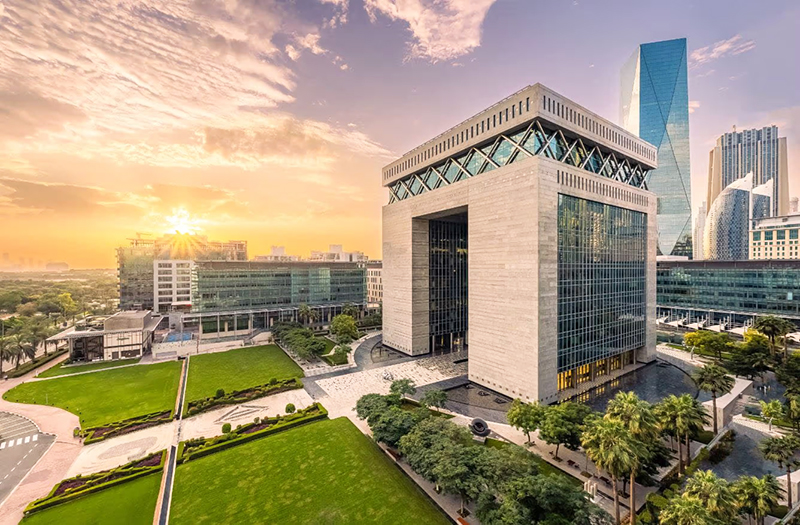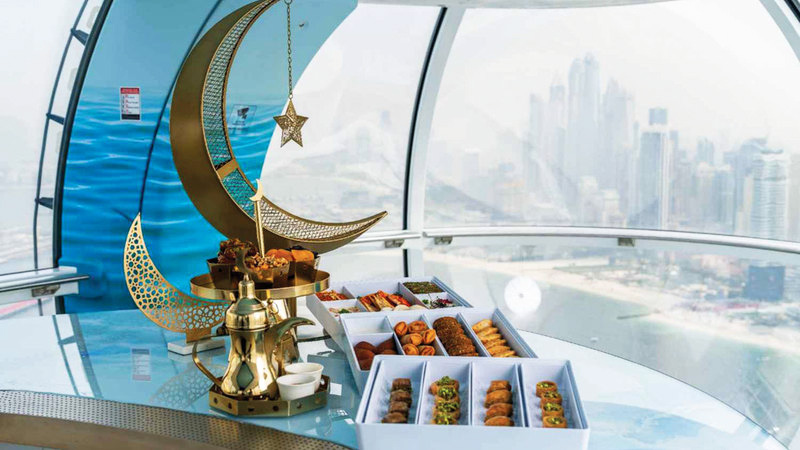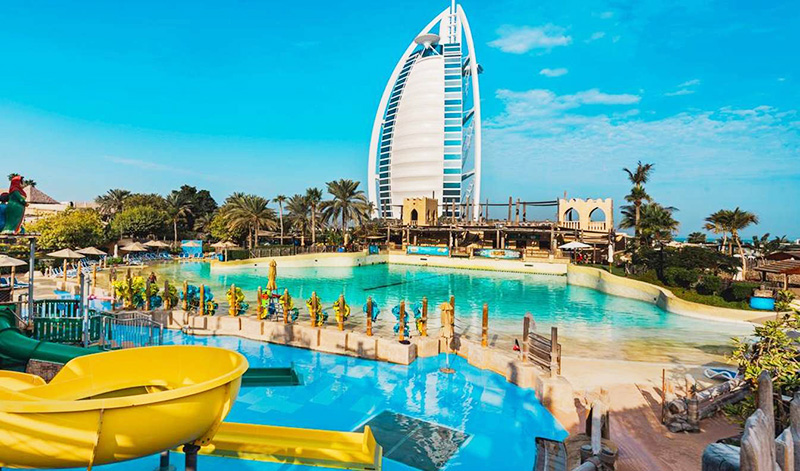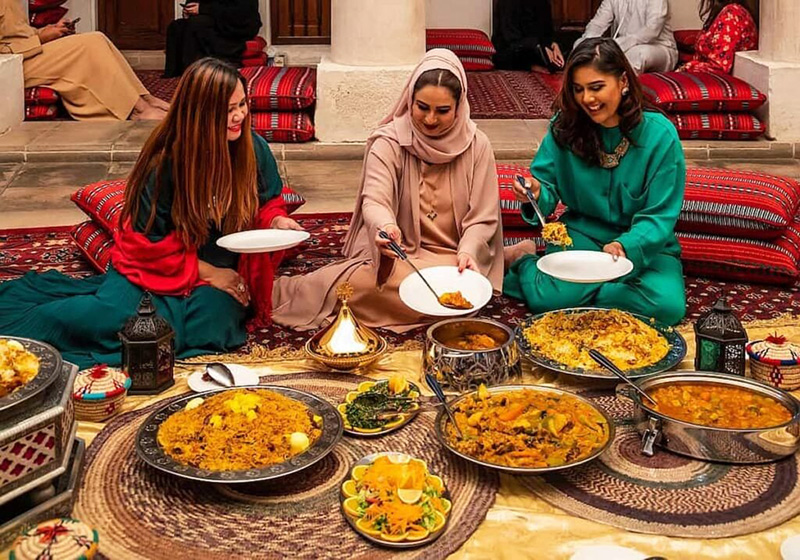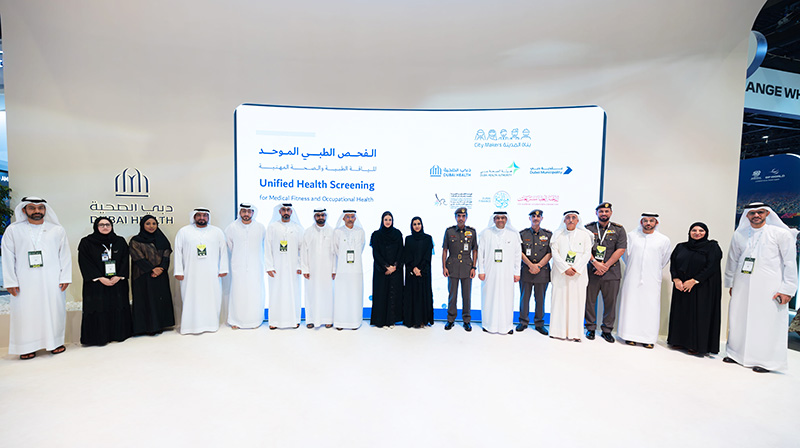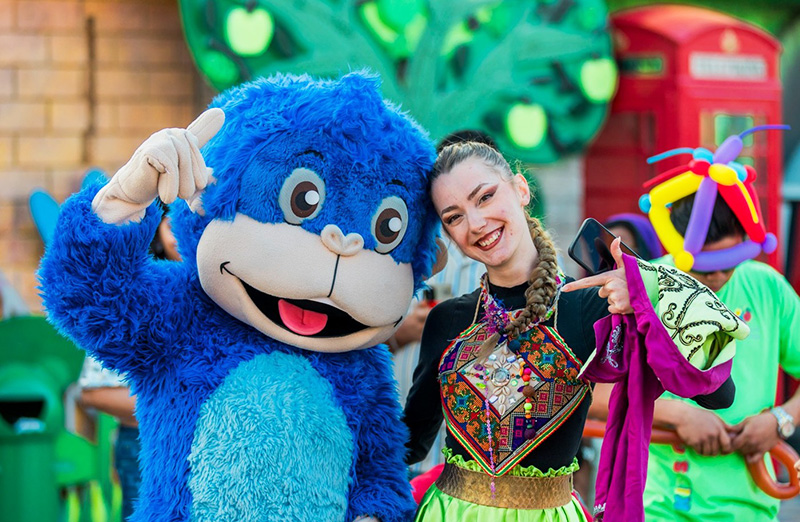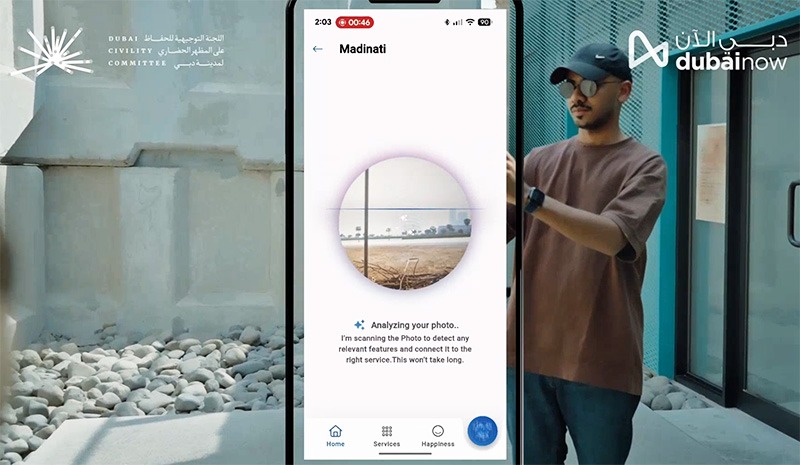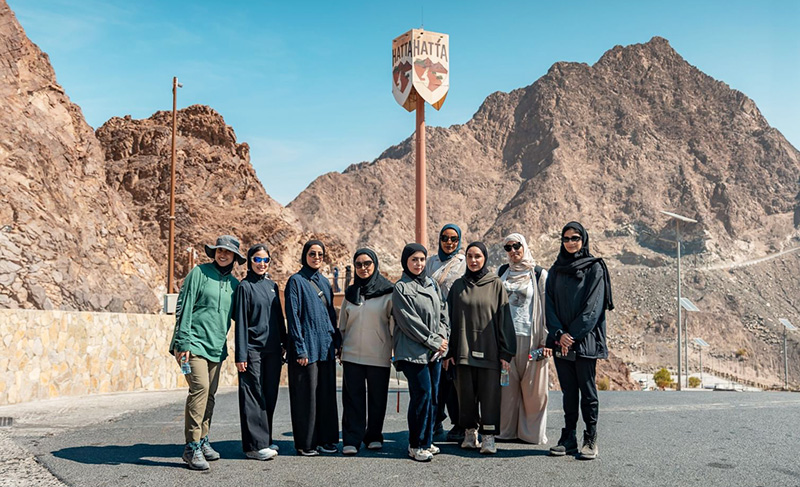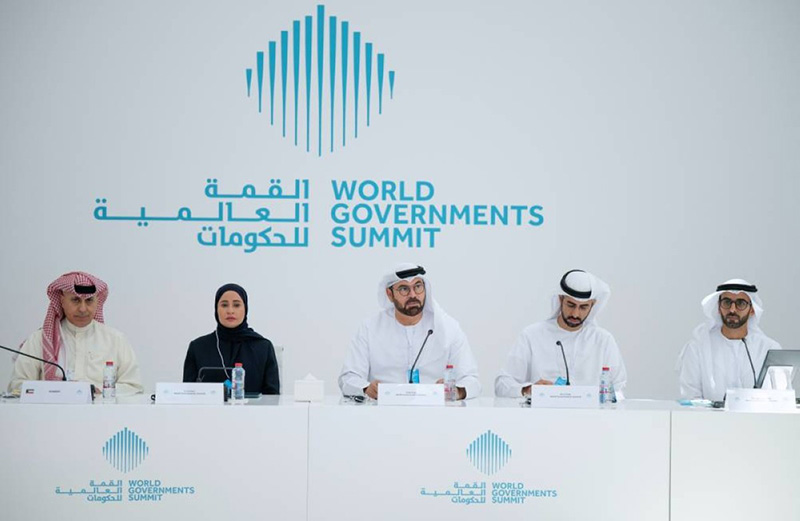
His Excellency Mohammad Abdullah Al Gergawi, Minister of Cabinet Affairs and Chairman of the World Governments Summit, affirmed that humanity is standing at the edge of a historic turning point—one that demands heightened readiness and proactive thinking to transform global challenges into opportunities.
Speaking during the opening session of the Ambassadors’ Retreat—organized by the World Governments Summit Foundation in collaboration with the Ministry of Foreign Affairs—His Excellency emphasized that the success of governments in keeping pace with the unprecedented speed of change lies in anticipating developments and acting faster than the shifts taking place.
The retreat, part of the Summit’s initiatives to enhance international cooperation and design the governments of the future, gathered over 100 ambassadors and heads of diplomatic missions in the UAE. The event welcomed their insights on strengthening global partnerships to build more agile and innovative government models. It was attended by Her Excellency Ohood bint Khalfan Al Roumi, Minister of State for Government Development and the Future and Deputy Chair of the Summit, as well as His Excellency Omar Sultan Al Olama, Minister of State for Artificial Intelligence, Digital Economy, and Remote Work Applications and also Deputy Chair of the Summit.
His Excellency Al Gergawi stated: “Guided by the vision of His Highness Sheikh Mohamed bin Zayed Al Nahyan, President of the UAE, and the directives of His Highness Sheikh Mohammed bin Rashid Al Maktoum, Vice President, Prime Minister, and Ruler of Dubai, the World Governments Summit has become an international platform for joint action, strengthening ties between nations, anticipating the future, and enabling governments to develop proactive solutions to humanity’s most pressing challenges.”
He noted that the Ambassadors’ Retreat has become an annual milestone for dialogue, collaboration, and future foresight, with ambassadors and diplomats playing a key role in the Summit’s growth and global reach—helping it become the world’s largest governmental gathering.
Reflecting on the journey since the Summit’s inception in 2013, His Excellency highlighted its remarkable achievements: participation of over 100 heads of state and government, 3,070 speakers, and more than 48,000 attendees. The platform has witnessed the signing of 100 memoranda of understanding and bilateral agreements, and has become a hub for exchanging best practices through dedicated forums—most notably the Government Experience Exchange Forum, which supports the translation of knowledge into action and helps governments accelerate the implementation of future-focused strategies.
His Excellency also reviewed the Summit’s international impact, including key global collaborations such as Brazil’s ministerial forum on digital transformation and a U.S. Department of Commerce workshop on AI governance. He emphasized that the Summit’s message has reached millions worldwide and achieved nearly a billion global media impressions, thanks to its wide network of international media partners.
The “Best Minister in the World” award, he said, has become the largest recognition of government leadership globally, celebrating achievements that improve lives and communities. He also referenced the Global Ministers Survey, launched last year in partnership with PwC, which revealed that 74% of governments need more financial resources to train their workforce, 68% struggle to retain talent, and over 30 governments consider themselves unprepared for the future. These findings, he stressed, call for collective action to turn challenges into shared opportunities.
His Excellency praised the role of ambassadors and diplomats in expanding the Summit’s impact and increasing government participation in the survey. He noted that their contributions are key to enhancing strategic relations and transferring knowledge between countries.
Looking ahead, His Excellency Al Gergawi announced that the next edition of the Summit will feature over 200 sessions, 15 strategic reports, more than 400 speakers, and participation from over 80 leaders of regional and international organizations. More than 6,000 participants from governments, the private sector, and international institutions are expected to attend. The Summit will also introduce new themes and deepen cooperation among governments. Notably, it will host the second edition of the Economic and Investment Forum, launched by President Daniel Noboa of Ecuador.
The retreat included a session titled “Redefining Commercial Diplomacy,” featuring His Excellency Dr. Thani bin Ahmed Al Zeyoudi, Minister of State for Foreign Trade, moderated by Dubai Abulhoul, CEO of Fikr Foundation. Dr. Al Zeyoudi highlighted the UAE’s strategic geographic position as a natural link between continents and global trade routes. He explained how this advantage has shaped a forward-looking vision to enhance trade cooperation and support international relations.
He stressed the importance of building trust through open dialogue and constructive global cooperation aimed at prosperity and growth. He also outlined key principles to support trade expansion, such as broadening bilateral trade agreements and promoting sustainable development.
Speakers agreed that commercial diplomacy has become a vital tool to ensure sustainable growth, enhance supply chain resilience, and expand global economic cooperation. They emphasized that it no longer only involves opening markets, but also includes fostering emerging partnerships, attracting quality investments, and strengthening flexible supply chains that connect East, West, and the Global South.
They added that redefining commercial diplomacy is now essential to increasing market credibility, advancing innovation, and building more adaptable economic networks.
Another session, titled “Strategic Diplomacy: Collaborative Pathways for a Shared Future,” featured Dr. Samir Saran, President of India’s Observer Research Foundation (ORF), and His Excellency Rashid Sesay, Ambassador of Sierra Leone to the UAE. The speakers highlighted the importance of creating innovative diplomatic frameworks to build trust and open new cross-border partnerships.
Dr. Saran described the Summit as a major platform for knowledge, innovation, and sharing of best practices, offering valuable insights into international governance models and ideas that benefit societies. He emphasized its global role in learning and advancement.
For his part, Ambassador Sesay noted that in today’s multipolar world, governments must continue to evolve and modernize their diplomatic engagement. He expressed the importance of participating in the Summit to exchange experiences, learn from others, and apply new ideas to local governance.
A keynote session was also held by Professor Soumitra Dutta, Dean and Professor of Management at Oxford University’s Saïd Business School, titled “Programmed Sovereignty: What’s at Stake?” He addressed the need to enhance competitiveness and digital trust in response to accelerating technological change.
The retreat concluded with a session introducing the Global Ministers Survey conducted annually by the World Governments Summit. The session, presented by Reem Bujsaim, Deputy Director of the Summit, and Shakira Abi Akinoti, Director of Client Relations and EMEA Markets at PwC, discussed the survey’s goals, its key findings, and how it enables better communication between ministers worldwide. The survey helps shape more effective policies and highlights development priorities that can inform future strategies.
